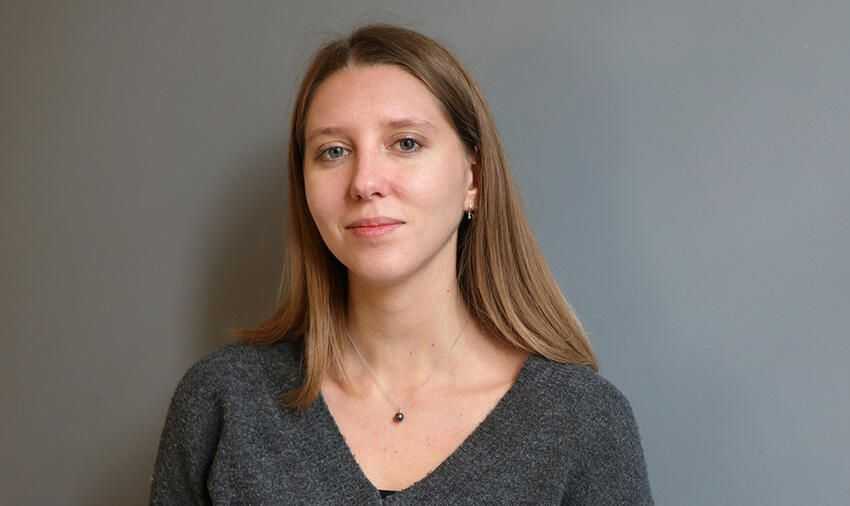Accueil>Doctorants
Doctorants

Aïmane ABDELSALAM
aimane.abdelsalam@sciencespo-lille.eu
Discipline(s) : Économie
Axe(s) de recherche : Évaluation des politiques socio-fiscales

Aurélien Boyer
aurelien.boyer@sante.gouv.fr
Discipline(s) : Économie
Axe(s) de recherche : Évaluation des politiques socio-fiscales
Julie CARTAILLER
julie.cartailler@sciencespo.fr
Discipline(s) : Économie
Axe(s) de recherche : Politiques de santé
Leïla COSTIL
leila.costil@sciencespo.fr
Discipline(s) : Économie
Axe(s) de recherche : Politiques éducatives

Rachida Larinouna
larinouna.chida@hotmail.fr
Discipline(s) : Économie
Axe(s) de recherche : Évaluation de la démocratie

Ninon Le Cozannet-Laidin
ninon.lecozannetlaidin@sciencespo.fr
Thème(s) de recherche : Politiques Publiques, Mise en oeuvre, Politiques Sociales, Protection de l’enfance, Prévention et participation des familles, France, Suède
Axe(s) de recherche : État et politiques publiques, Évaluation des politiques socio-fiscales
Langue(s) : Anglais, Français
Sujet de thèse :
Les politiques de protection de l’enfance à l’épreuve du parenting. Comparaison des pratiques préventives et participatives des travailleur·euses sociaux·ales auprès des familles en France et en Suède, dirigée par Nathalie Morel et Philippe Bezes

Pauline Madiès
Discipline(s) : Économie
Axe(s) de recherche : Discriminations et politiques catégorielles

Vinícius Martinez
amc.vinicius@gmail.com
Discipline(s) : Économie
Axe(s) de recherche : Évaluation des politiques socio-fiscales

Matthieu Sarnin
matthieu.sarnin@sciencespo.fr
Thème(s) de recherche : Transition écologique, sociologie de l’action publique, instruments de politique publique, savoirs et expertise, administration publique, pilotage et coordination des politiques publiques
Axe(s) de recherche : État et politiques publiques, Politiques environnementales
Sujet de thèse :
Domestiquer ou orchestrer la transition écologique ? Les savoirs et instruments de pilotage des politiques publiques à l’épreuve de la gouvernance des transitions, sous la direction de Charlotte Halpern et Philippe Bezes.

Sarah Thompson
sarah.thompson@sciencespo.fr
Discipline(s) : Science politique
Axe(s) de recherche : Politiques environnementales
Chargée du programme pour la Chaire européenne du développement durable et de la transition climatique à Sciences Po, ainsi que doctorante en science politique à l’Université Libre de Bruxelles

Camille Voisin
camille.voisin@sciencespo.fr
Thème(s) de recherche : Inégalités scolaires, Niveaux et performances scolaires, Psychologie sociale
Discipline(s) : Sociologie
Axe(s) de recherche : Politiques éducatives
Sujet de thèse :
La réforme des groupes de besoins au collège : quels impacts sur les performances académiques, les inégalités scolaires et les compétences socio-émotionnelles des élèves ? (titre provisoire)


